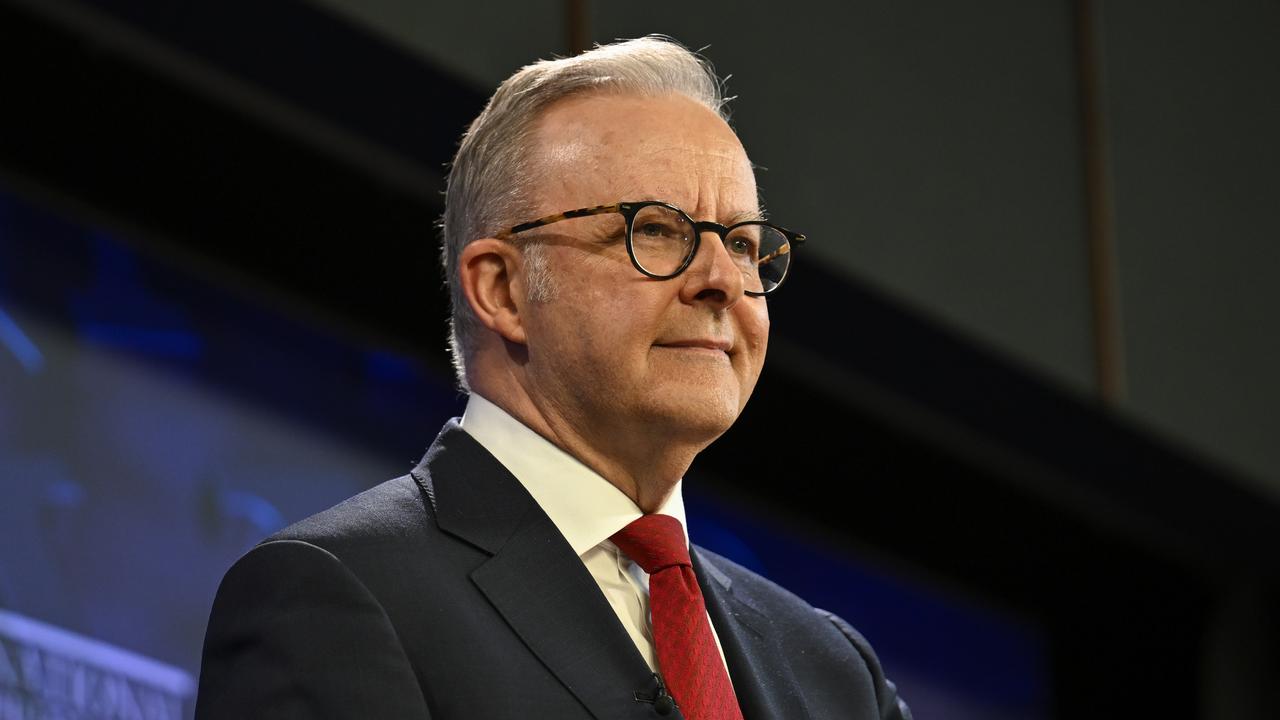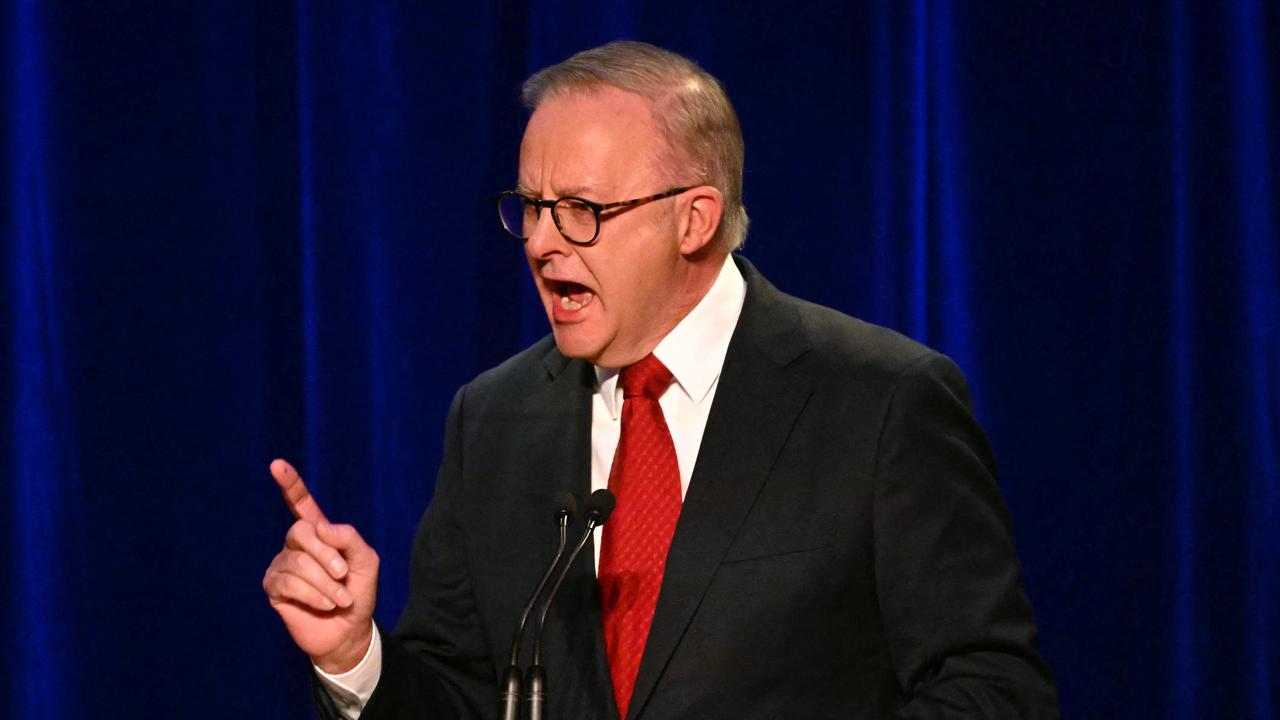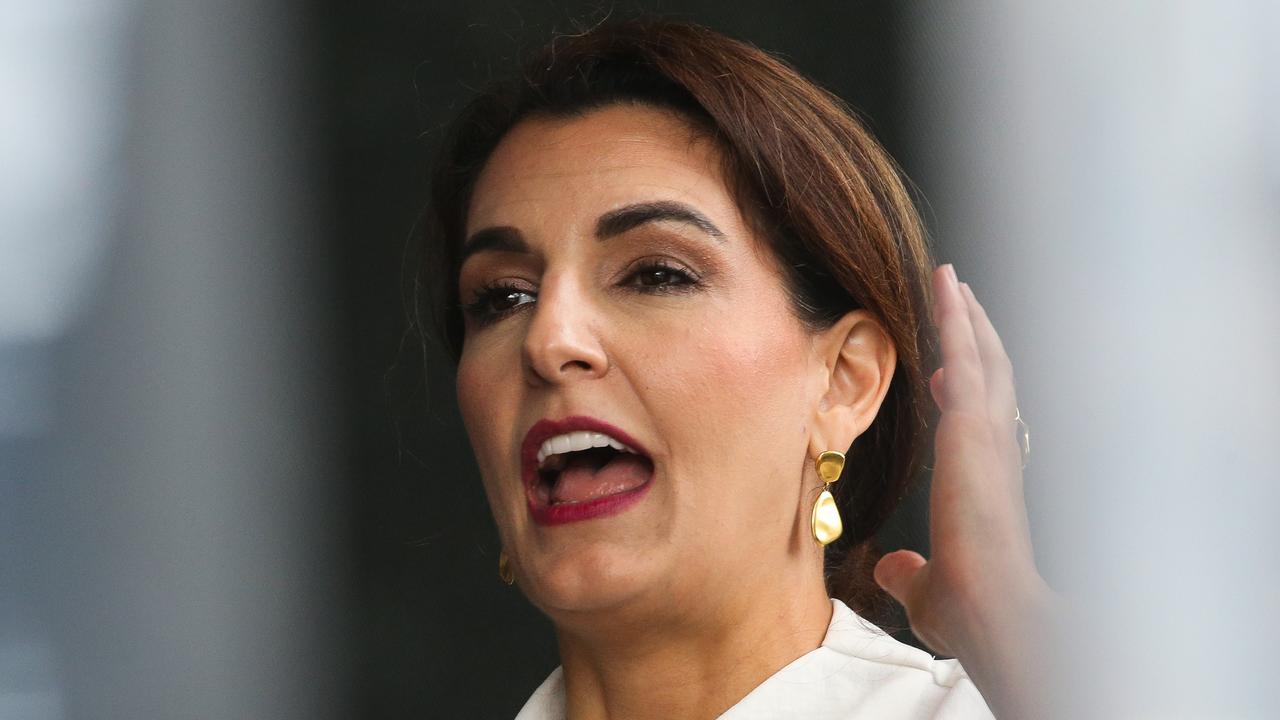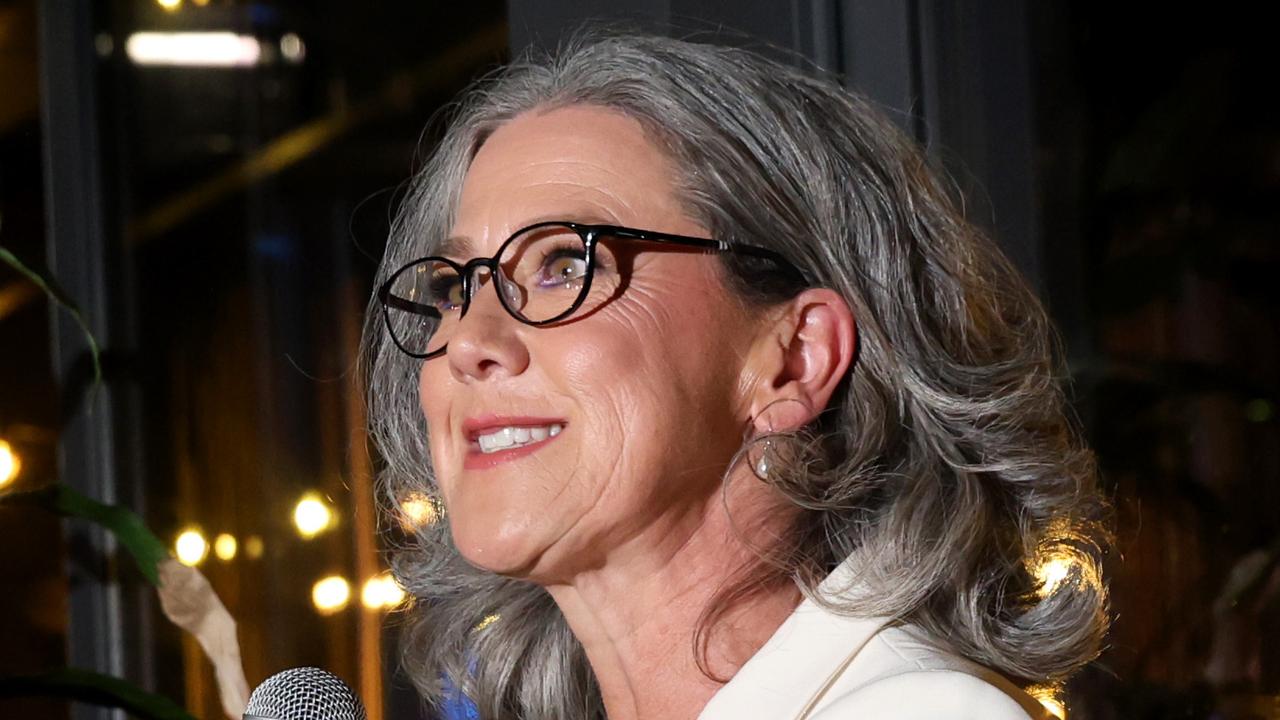Millions of Aussies could get pay rise after Albanese’s election win
Three million workers could receive a bump in their pay after Saturday’s election.
Federal Election
Don't miss out on the headlines from Federal Election. Followed categories will be added to My News.
Millions of Australia’s lowest paid workers could receive a bump in their pay after Anthony Albanese’s landslide victory in Saturday’s election.
Mr Albanese – who will lead a majority Labor government in a historic second term – last month announced his party have backed a wage rise for low paid workers above inflation, which currently sits at 2.4 per cent.
In a submission filed to the Fair Work Commission’s in April, Labor recommended “an economically sustainable real wage increase” for Australia’s award and minimum wage workers.
Raising real wages for low-paid workers would help about three million people, such as cleaners, retail workers and early childhood educators, the government said.
“I’ll tell you what is important too, as a Labor government: not leaving people behind. That’s a core value we have,” Mr Albanese told reporters in Melbourne in May.
“We don’t leave people behind and we don’t hold people back.
“We stand for people who are vulnerable in our community, including those people who are doing it tough because they’re on minimum or award wages.”
The national minimum wage was set at $24.10 an hour last year, equating to $915.90 for a 38-hour week, or $47,626.80 annually.
Unlike last election where he called for a minimum 5.1 per cent rise to match inflation, the Prime Minister did not provide a specific figure for the increase.

MORE: A guide to the average salary in Australia
Following Labor’s announcement, Opposition Leader Peter Dutton – who lost his seat of Dickson in Saturday’s election – said he backed higher wages for low-paid workers, but he stopped short of supporting an above inflation pay rise.
The decision to increase wages sits with the Fair Work Commission, which holds its Annual Wage Review between March and June. Any changes then typically come into effect on July
If the Commission approves an increase of 2.4 per cent, the minimum wage would rise to $24.68 an hour.
In its submission to the Commission, Labor said any increase in minimum and award wages should be consistent, which is to say contingent, on inflation returning “sustainably” to the RBA’s target band.
MORE: Australia’s fastest growing salaries

“Labor submits that this outcome is both fair and economically responsible,” Labor wrote.
“Labor believes workers should get ahead with a real wage increase. Despite heightened global uncertainty and volatility, the Australian economy has turned a corner. Inflation is now less than one third of its peak, unemployment remains low, there are over a million additional people employed than in May 2022, and interest rates have started to come down.
“Economic growth rebounded at the end of last year and the private sector is now a key contributor to growth. Importantly, real wages growth has now returned and is forecast to continue across 2024-25 and 2025-26.”

Mr Albanese's’ support to increase real wages for low paid workers is just one way his party said it will help Aussies amid the cost-of-living crisis.
In March, Labor announced a pay rise for 60,000 aged care nurses under a $2.6 billion investment.
Registered and enrolled nurses will see their award wage increase by an average of about 12 per cent. The increases will be provided in three instalments on 1 March 2025, 1 October 2025 and 1 August 2026.
Meanwhile, Treasurer Jim Chalmers announced two new tax cuts to the lowest bracket in the 2025 federal budget, with the rate to drop from 16 per cent to 15 per cent from July 1, 2026, and to 14 per cent in 2027-28.
The cut, legislated one day after the budget was handed down, would be permanent and equate to a saving of about $10 a week for the average earner once both cuts have flowed through.
Labor have also announced a $150 in Energy Bill relief, 20 per cent reduction on all student loan debts and changes to the Medicare levy, among other measures.
Originally published as Millions of Aussies could get pay rise after Albanese’s election win









